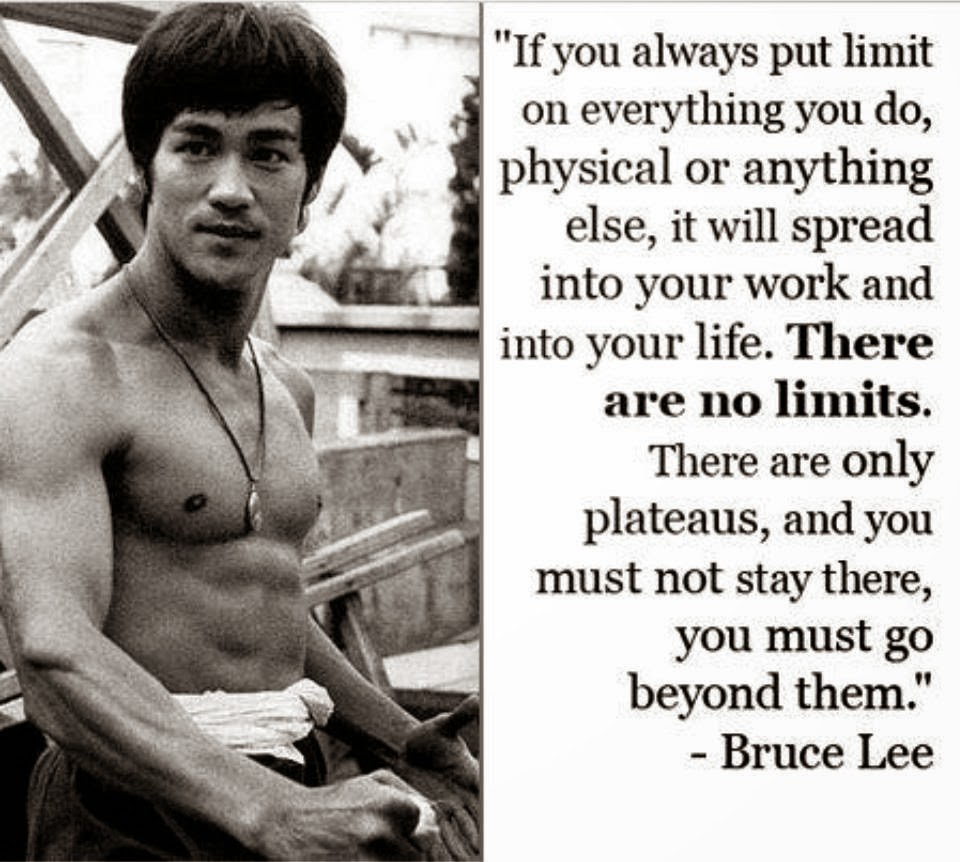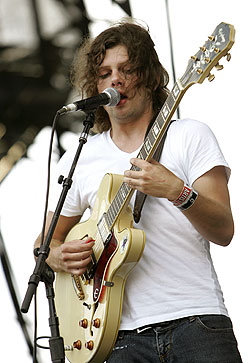At the beginning of this school year, my social studies department had a department meeting. Our department chair (leader) told us to introduce ourselves and tell the others about your interests, hobbies, personal life, and so on. Most people sounded something like this: 'Well, I'm so-and-so. I'm married, I have two dogs, I like traveling...' Sounds pretty predictable, right? Then a teacher spoke when it was his turn and he said, "I'm Tom. I've been happily single for 34 years." I don't remember what he said after that because I was struck by this comment. How great is it that he can say that in a society that looks down on you (it feels that way, at least) for being single? He's a great person: smart, funny, kind, and a great teacher that the students love and respect. I would even say that he's a decent-looking guy, and yet, he's "happily single" in his 30s. Why is such a phrase unusual to hear? Why in our modern world are we surprised when someone is "still single"? I believe there are several reasons as to why this is, and I believe there are several reasons why being single seems to be more common in our society. In writing this post, I'd like to emphasize that being single is not bad in any way; it's a choice. I'm also not criticizing relationships.
Why Are We Surprised When Someone Is Still Single?
For reasons that are becoming less clear, our society still places single people in a lower social category. Here are some reasons I believe this still happens:
Prevailing Culture of Relationships
It seems to me that there's a strange, unspoken expectation that we MUST be with someone else. Maybe our family expects us to get married and give them grandchildren, or the media we are unavoidably surrounded by undetectably implants message after message that we should be in a relationship. The institution of marriage remains a very prominent and strong American ideal (despite increasing divorce rates), and I think most people strive for it whether it's something they truly want or not. Even before marriage, though, there's the standard relationship. What are most songs' lyrics about? What are most movies about? This isn't a bad thing, but it's just a reality. Even going back in history a bit, the great art form of opera is mostly centered around love. Theatre, poetry, and literature from now back to Ancient Greece (Homer's The Iliad, for example) and even before that, all have great, timeless works about love. Love is certainly a very human emotion – one that we all strive for. Even in my show, Spartacus, one of the major plot lines is the love amongst the characters. This is arguably what the show is truly about (along with the concept of freedom and one person making a difference, of course) even amid brutal, ugly things like gladiatorial games and all-out warfare against Roman legions. In fact, the creator of the show even calls it a "grand opera." Without a doubt, in these art forms as well as in real life, love is a beautiful thing that all people want.
This also is not a bad thing, but this quest for love is what leaves so many people unhappy. I find this interesting, because love and happiness are different things. I'd argue that love can increase happiness (even greatly increase it) but not create or guarantee it. The status quo for an American person is to have an education, a decent job, a decent home, and a partner. This notion is what we're all raised believing: 'I'm not doing everything right unless I have this, this, this, and this. I won't be accepted unless I have all of that.' Why though? How does having some or most but not all of those reflect on who I truly am? Who is the judge of my success or completeness as a person? Also, have you ever heard the phrase, "You'll meet the right person someday"? While spoken with sincere intentions I'm sure, someone uttering this phrase to make you feel better is actually unknowingly saying, 'Well, you don't have everything yet, but one day you'll find somebody and then you'll be complete.' What if I don't want somebody? What if being single is my choice, not my failure? All of this leads to the next section regarding the media.
The Media's Influence
The media in the United States (the entire industrialized world, really) is inescapable. And since the invention of the Internet, social media, and phones that are basically small computers in our hands, this fact is all the more true. We see the "value" of material possessions. We see people who are attractive and smiling. We see our friends on Facebook getting engaged and married and having kids. We see people with partners. Even jerks like Kanye West have partners. While Kim Kardashian probably shouldn't be famous, she is beautiful, and that's unfortunately all she needs. Guys see people like Kanye and think they aren't good enough, and girls see Kim and think the same thing. We then compare everything we see to our own lives. Why do we let that happen to us? As I mentioned above, most movies, songs, and stories we see, hear, and read center around some kind of love story. I think this is to be expected, but we should be aware that this can all lead us to have expectations – expectations that might not be met and thus lead to disappointment. Like I always say, though, we shouldn't focus on fitting into some kind of mold or trying to do what we think we should do or trying to impress no one in particular. Rather, we should only do what impresses ourselves. Trying to begin a relationship just for the sake of being in one probably isn't the best thing to do, although you are free to make that choice, of course. Even still, I think most of us can agree that mass media plays a significant role in our desire for relationships, thereby making being single seem odd or incomplete.
Why Being Single Is Becoming More Common
Okay, so, single is not the ideal relationship status, but are there reasons why so many people are?
An Increase In Self-Isolating Activities
Over the past few decades, technology has advanced greatly. I grew up with Beta players, Laser Discs, and VHS tapes. Today as I type this on an Apple MacBook Pro, I sit near an LED TV, a Blu-ray Disc player, a PlayStation 3, a PlayStation 4, an iPhone, an older iPod, a new iPod Touch, and an iPad (that I'm only borrowing, just so you know). Not to mention the number of movies, CDs, and books that are also in my house. I could spend months (seriously) just trying to get through the books and magazines I'm planning on or have started reading. Here's the point though: I'm perfectly happy doing just that. Or watching Netflix. Or working on my Spanish on Rosetta Stone. Or browsing the Internet just as an excuse to listen to music.
Here's the other point: Most of us are pretty satisfied with these activities. These activities that require no one else. Actually, we kind of prefer to do most of these alone, don't we?
Because of technology and how easily we can access it, we have grown accustomed to doing things alone, at least some of the time. Interpersonal interaction is still fun and necessary, but almost all of us can find ways to be entertained by ourselves. So, naturally, when it comes to "going out" and "meeting people," lots of people kind of start thinking, 'You know, I think staying in and watching Netflix sounds more fun. And less expensive.' These self-isolating activities are making people more solitary, and thus creating more single people. I'm one of them, and I know plenty more.
A Privileged Upbringing
Most of you have probably heard about China's One-Child policy before. Enacted to slow the rapid population growth in what was already the most-populated country on earth, China's government encouraged and even glorified having just one child, and punished those who broke this rule. I've taught this policy in my Geography classes before when we were learning about population and globalization. Something very interesting and unexpected has happened in China as a result of the One-Child policy: a generation of entitled young people who got everything they wanted growing up and are now finding it very difficult to accept a partner. This is happening here too, and not just among the younger generations. As you can tell from the previous section, I'm doing fine in terms of material possessions. I have everything I need and more, and I have no reason to complain. Well, if you're reading this, you're probably in a very similar boat. We have been raised in such a privileged way that we're used to having what we want, when we want them, and how we want them. This includes our time, our space, and our freedom. As an example, I can use a colleague of mine at school with whom I plan Civics and Economics. She is 39, single, and likes it that way. She does date, but according to her she thinks it would be difficult to allow someone into her life more permanently at this point. In other words, she is very comfortable with her routines and structures, and she wouldn't want someone changing them; she's used to being single. Like most single people, though, she admits she'd like a relationship at some point, as long as it was with the right person.
More Focus on Education and Career
We are lucky to live in a time when the majority of high school graduates are able to go to college. Moreover, many more people are going for their Master's degrees or other advanced degrees as well. Then there's the other societal push to "be successful," roughly translated to "make lots of money." More and more people in their 20s are focused on establishing good careers, which delays things like marriage and having children. Of course many people go through their Bachelor's, Master's, and the beginning of a career while in relationships, but for others, the demands of school and work are too time-consuming. For me personally, finding time for others is challenging right now because I work at least 50 hours a week.
Conclusion
I hope it's obvious enough that these are just my thoughts based on my interest in reading about psychology and my life experiences. I think this is a complicated topic with several intertwining and interdependent explanations. I do wish to emphasize that being single can be and is a very informative and productive time of life. It should not be seen as a temporary rut that one must strive to get out of. We need to reach the point where we don't see single people as people who are searching for more, or assuming they're lonely or sad or depressed. As for me, I've been very focused on establishing my teaching career for the past three years, and I've worked hard. I've learned so much in these three years about perseverance, dedication, self-improvement, and hard work. I've also learned about having a positive attitude, believing in myself, not accepting mediocrity, and learning to accept and love myself. If there's a young woman out there for me, then maybe I'll meet her and maybe I won't – it doesn't change who I am.














